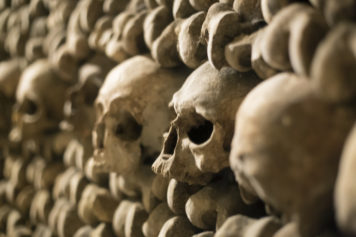A prominent Mauritanian anti-slavery activist and six others have been charged with threatening state security.
Biram Ould Obeidi had protested against slavery by burning religious books, sparking a wave of demonstrations.
Mr Obeidi said he burned the religious texts because they promoted the use of slavery – and to highlight inaction over slavery in Mauritania.
The West African state has outlawed slavery, but it is still practiced
The six others charged were also from the Initiative for the Resurgence of Abolitionism in Mauritania (IRA-Mauritania).
Mr Obeidi, himself a descendant of slaves, led a protest against slavery after Friday prayers on 28 April, during which he burned copies of a text from the Maliki School of Islamic law.
He later went on to apologize for the book-burning, saying the “intention was certainly not to hurt the pride of the Muslims” but to highlight that slavery still exists.
Mauritania is a deeply conservative society and is sharply divided along racial lines, where Moors, descended from Berbers and Arabs, ruled over and enslaved black Africans known as Haratine.
The West African state officially abolished slavery in 1981 and in 2007 made it punishable with six years in prison – but some people continue the practice.
Thousands of people took to the streets of the capital, Nouakchott, angered by the burning of the books.
Prosecutors said the action of Mr Obeidi and six others caused the protests – and, under Mauritania’s laws, that is a threat to a state security.
To read the entire story, go to BBC


